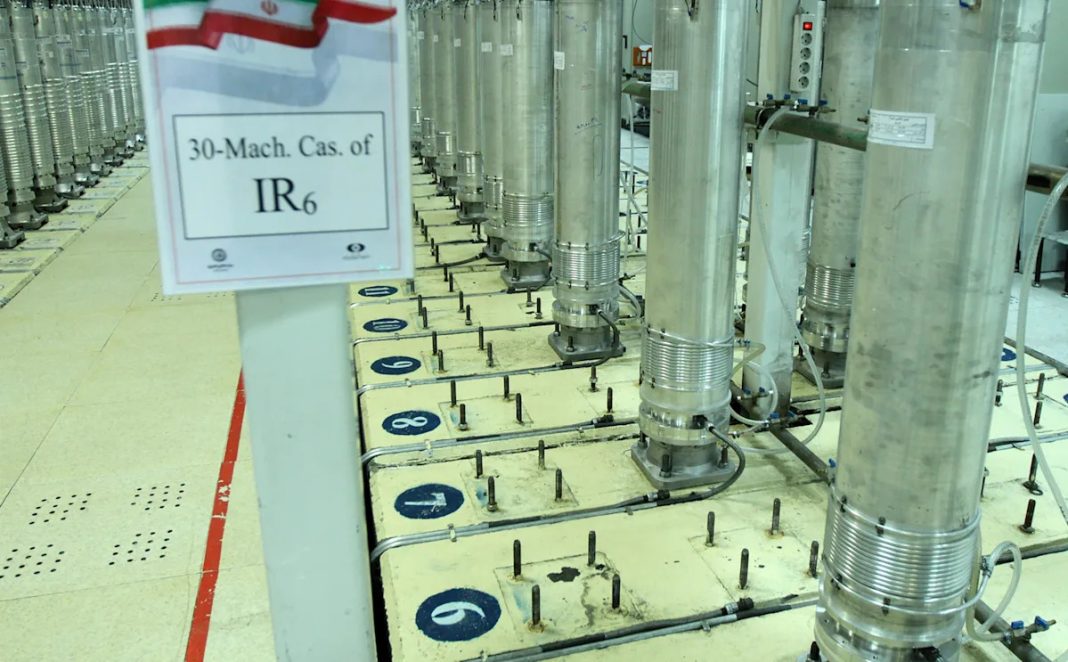Iran, France, Germany and the United Kingdom will hold nuclear talks in Istanbul following warnings by the three European countries that failure to resume negotiations would lead to international sanctions being reimposed on Tehran.
The talks scheduled for Friday come after foreign ministers of the E3 nations, as those European countries are known, as well as the European Union’s foreign policy chief, held their first call on Thursday with Iranian Minister of Foreign Affairs Abbas Araghchi since Israel and the United States attacked Iranian nuclear facilities a month ago.
The three European countries, along with China and Russia, are the remaining parties to a 2015 nuclear deal reached with Iran, from which the US withdrew in 2018, that had lifted sanctions on the Middle Eastern country in return for restrictions on its nuclear programme.
“The meeting between Iran, Britain, France and Germany will take place at the deputy foreign minister level,” Iran’s Ministry of Foreign Affairs spokesman, Esmaeil Baghaei, was quoted by Iranian state media as saying.
The E3 have said they would restore United Nations sanctions on Tehran by the end of August if nuclear talks that were ongoing between Iran and the US, before Israel launched a surprise attack, do not resume or fail to produce concrete results.
Iran has accused the US of complicity in the Israeli attack, which killed top Iranian military officials, nuclear scientists and hundreds of civilians. The US also launched strikes on three major Iranian nuclear sites, claiming to have “obliterated” them. A ceasefire took effect on June 24.
“If EU/E3 want to have a role, they should act responsibly, and put aside the worn-out policies of threat and pressure, including the ‘snap-back’ for which they lack absolutely moral and legal ground,” Araghchi said last week.
Before the Israel-Iran war, Tehran and Washington held five rounds of nuclear talks mediated by Oman but faced major stumbling blocks such as uranium enrichment in Iran, which Western powers want to bring down to zero to minimise any risk of weaponisation.
Tehran maintains that its nuclear programme is solely meant for civilian purposes.
INTERACTIVE-Iran’s military structure-JUNE 14, 2025 copy-1749981913
Middle East assessments
Also on Sunday, Russian President Vladimir Putin held a surprise meeting in the Kremlin with Ali Larijani, the top adviser to Iran’s supreme leader on nuclear issues.
Larijani “conveyed assessments of the escalating situation in the Middle East and around the Iranian nuclear programme”, Kremlin spokesman Dmitry Peskov said of the unannounced meeting.
Putin expressed Russia’s “well-known positions on how to stabilise the situation in the region and on the political settlement of the Iranian nuclear programme”, he added.
Moscow has a cordial relationship with Iran’s clerical leadership and provides crucial backing for Tehran, but it did not swing forcefully behind its partner even after the US joined Israel’s bombing campaign.

